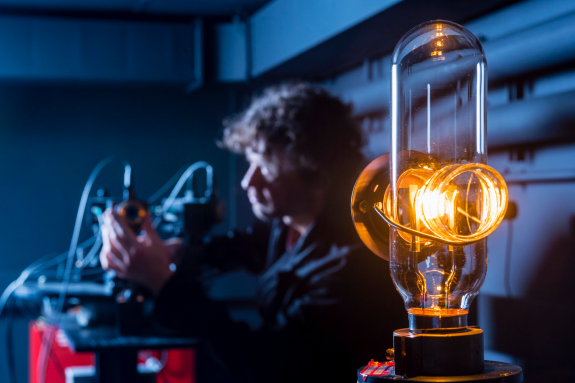The term "greenhouse gas" (GHG) includes various gases naturally present in the atmosphere (CO2, CH4, N2O, O3) or resulting from human activity (CO2, CH4, CF4, SF6,...) and which have in common to absorb solar radiation re-emitted by the Earth's surface, thus contributing to global warming.
